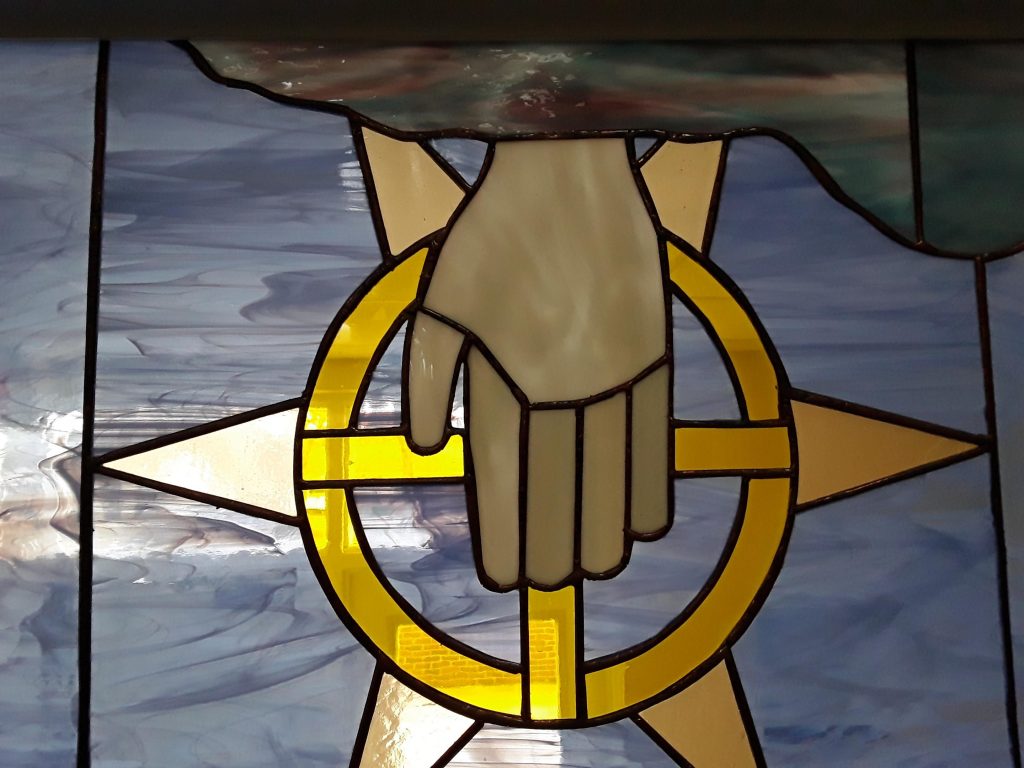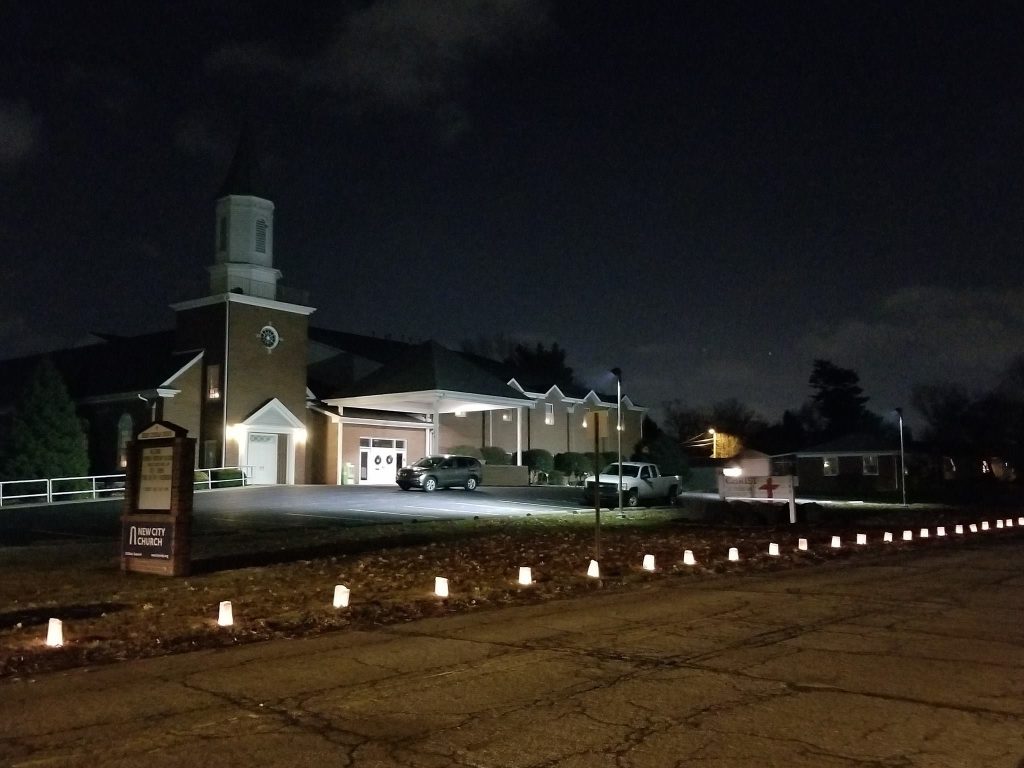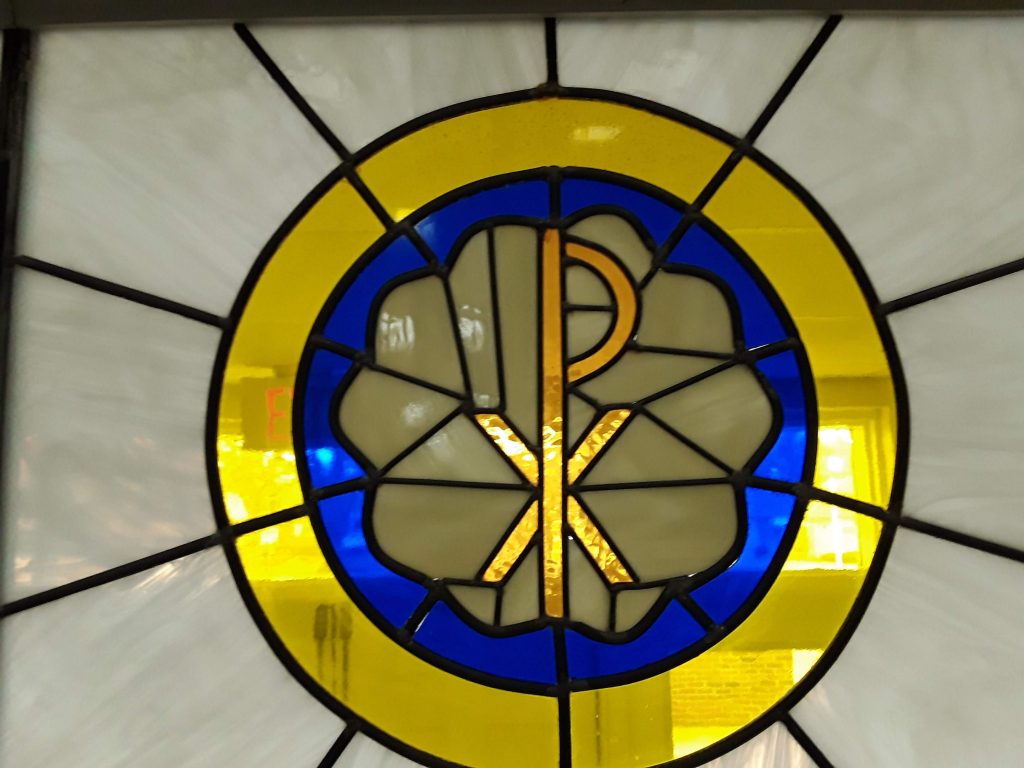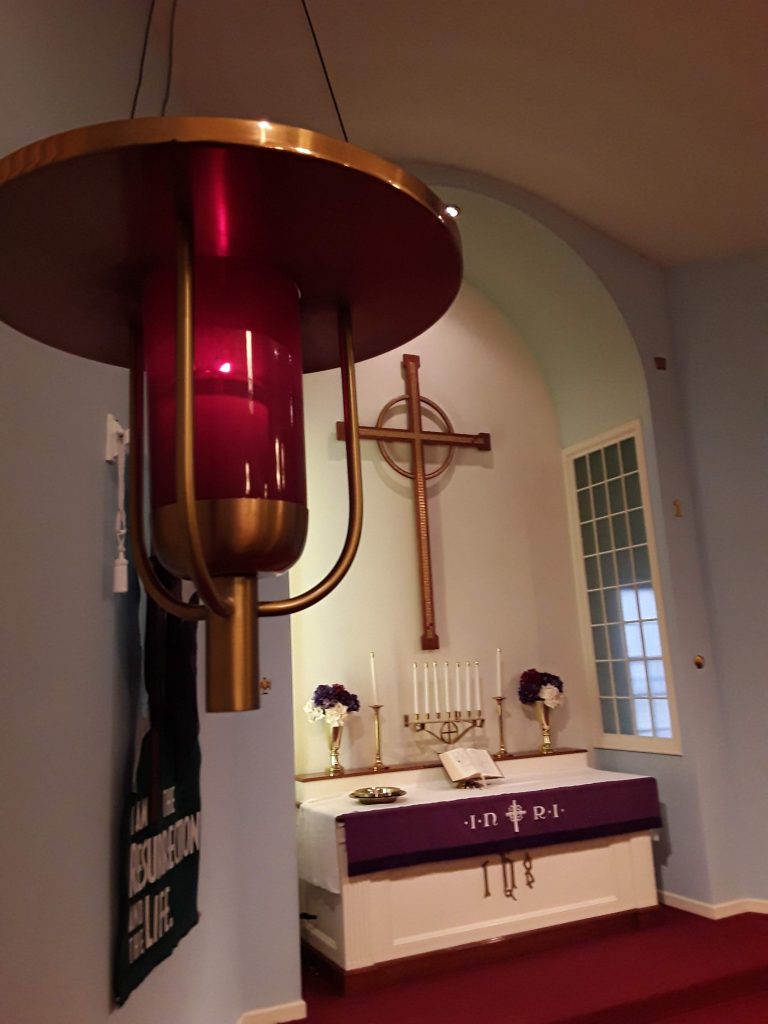Following his baptism in the Jordan River, when he took our place as sinners, following the temptation in the wilderness at the hand of Satan for 40 days, following the arrest of John- Jesus withdrew into Galilee. From that time Jesus began to preach, saying, “Repent, for the kingdom of heaven is at hand.”
Galilee is referenced in our Old Testament reading as the land of the gentiles. It is a land of darkness with respect to the misfortunes of the area of repeated conquests, a people in anguish: But there will be no gloom for her who was in anguish. In the former time he brought into contempt the land of Zebulun and the land of Naphtali
This is where Jesus went after his baptism. He did not return to Nazareth, his hometown since childhood, but instead closer to the sea in Capernaum. He did not remain near Jerusalem where he was baptized. He did not travel to Rome where the center of world power was. He went to a land that was both of Israel and of the nations. Galilee was where Jesus put roots down in public ministry. Galilee is where Jesus first preached.
Sure Jesus taught in the synagogue once when he was young, amazing the scribes. Telling his parents that they should have known he would be in His Father’s house. Sure Jesus told Satan during the 40 days of temptation “you shall worship the Lord your God and Him only You shall serve.” However, these were just moments of foretaste of what was to come to very small audiences. Only at this time did Jesus begin to publicly preach. “Repent for the kingdom of heaven is at hand.”
One man in everyday clothes of the time, one man with no appearance in him that he should stand out as Isaiah chapter 53 describes: “he had no form or majesty that we should look at him, and no beauty that we should desire him.” One man, proclaiming a simple message. I who stand before you have brought the kingdom of heaven at hand. ‘In me the reign of God has begun. Repent, Your salvation is here, your God comes to you this day!’
When Jesus says the kingdom of God is near, it implies that in order to have a kingdom, a king is there in order to reign. The kingdom of Heaven or kingdom of God as they are referred to interchangeably in the gospels is not a place, but a divine action. The kingdom is where God is present, where the king comes to us and rules.
Jesus is not just one of many prophets who bring the kingdom of God to the world, He is himself the embodiment of the kingdom. When we proclaim the good news of the kingdom, teach and baptize, we are only bringing the kingdom because we are first connected with Jesus.
Dr. Jeffrey Gibbs in his commentary on Matthew describes what Jesus means when he starts parables with the phrase ‘the kingdom of God is like’…when a sower went out to sow, when a king holds a feast, when a master settles accounts with a slave.
What Jesus means by saying the kingdom of God is like can be paraphrased in terms of what God’s kingdom among us looks like: “When God is active redemptively in order to reestablish His rule over and among men this work is like.”
We heard in the Introit words about the reign of God in the world: : All the ends of the earth shall remember and turn to the Lord, and all the families of the nations shall worship before you. 28 For kingship belongs to the Lord, and he rules over the nations.
As Jesus announced this reign of God was beginning in him, it was not what people pictured. His rule over the nations would not be in terms of an army and overreaching empire, but through the truth of God’s Word. The kingdom of heaven is at hand because Jesus is bringing the truth. His ministry itself brings froth the reign of God on earth.
The kingdom is just as much at hand to us today. The reign of God’s kingdom is here among us. His reign appears to us in the form of the preaching of the gospel and the ministry and service of the body of Christ.
We see his reign in the ordinary conversation a believer has with someone in our community when a sin that weighs on someone is forgiven, when the love of Jesus is shared with a stranger.
We see the kingdom of God among us when believers gather around his table and feel the weight of the world lifted off of them as they receive by their mouths the evidence that God is for them in the Lord’s Supper. God’s kingdom is at hand today just as much as in the days of the 1st century, and God’s Word calls our world to repentance.
The purpose of the reign of God is to bring us back from God, to turn us away from our rebellion. One day this reign will be complete and there will be no more rebellion. We are through Jesus persevering toward an end goal, when Jesus will return and the reign of God will be complete and all encompassing.
In the meantime, it is easy to become discouraged by how slowly things appear to come together for God’s kingdom and our church. As a pastor who is familiar with what it takes to keep church buildings, sanctuary spaces, organs in good operating order, I have learned to notice how different building maintenance is with the private sector.
Studies claim that on average every 5 to 7 years Restaurants make some kind of renovation. In the case of large fast food chains the renovation may become a complete makeover. Updated décor and style helps restaurants appeal to millennial populations.
In contrast when it comes to appealing to and attracting our culture, the church is an unlikely candidate to attract people. We are not able to remodel every 7 years. We are of course still paying for the last renovation.
We present to the world no eloquent language, no message and presentation that fits in with the values and preferences of our culture. Yet as we heard in our reading from 1Corinthians: For Christ did not send me to baptize but to preach the gospel, and not with words of eloquent wisdom, lest the cross of Christ be emptied of its power. 18 For the word of the cross is folly to those who are perishing, but to us who are being saved it is the power of God.
The preaching of the gospel, to the world sounds as a nonsensical message that ultimate good has come out of a death on a cross. Yet this is the way Jesus is revealed, preaching by imperfect people, pastors with no eloquent language- not professional orators, but followers of Jesus.
Just as the prophet Isaiah predicted that the people in Capernaum would see a great light, Jesus came and fulfilled the Old Testament Prophecy. Now he comes among us today to bring light to a people in darkness.
The people in darkness have seen a great light. The darkness of this world, the darkness of our community is all about rebellion against God. Our message to the world is that Jesus has come to bring God’s order back to a world in chaos. Light into our darkness.
Jesus bridges the separation we have from God. Like a lantern that is turned on deep inside of a dark cave, Jesus casts out the darkness of our own sin so that we can see the path to daylight. Jesus tells us, “I am the light of the world, whoever follows me will not walk in darkness but will have the light of life.”
Just as clearly as Jesus fulfilled the prophecy in Isaiah, so we also can be certain that Jesus who is present through His church will bring light to our world’s darkness today. In our very community here in Irvington Jesus sheds light on the darkness of people’s lives.
I attended last week the Irvington Community Council. My purpose in doing so is to learn more about what things are important to our community here and what needs people have that our church might pray for or help with.
One uncertainty described by the council was the closing of Howe High School next year. 600 students will need to find a different high school next year. That is certainly a life change for many families in our community and something worth our remembering as a church. As in would it be possible to send cards to these households this summer, offering comfort and support in a time of change, reminding teenagers that Jesus is the same yesterday, today, and forever.
A second uncertainty described in the council meeting was the cost of the old fashioned lantern style street lights in some parts of historic Irvington. About 10,000 dollars a year is the cost for electricity for street lights. Previously this cost was covered by an initial grant which has now run out. The Marion County government does not cover this cost because they are custom lights designed to make the community appear as a desirable historical neighborhood.
How interesting that the most identifiable need described at the council meeting was for light and the possibility of losing the lights and being much darker on those particular streets. Of course our church does not have $10,000 a year to pay for street lights. But we can care about the issue, we could join with other churches or other groups in the area in raising awareness of what could possibly be done to keep the lights in place and lit.
Whatever the specific application, in our care for the well being of the community we may discover that people are more open to hear from us about the God who cares for them. Through the power of the Holy Spirit we can show that Christ is the one true light for people in Irvington. Repent, for the kingdom of heaven is at hand. Amen.




